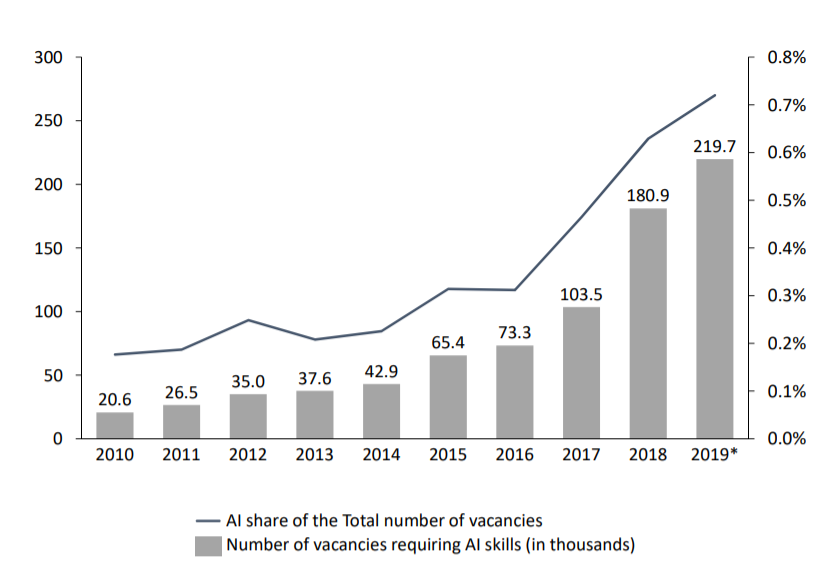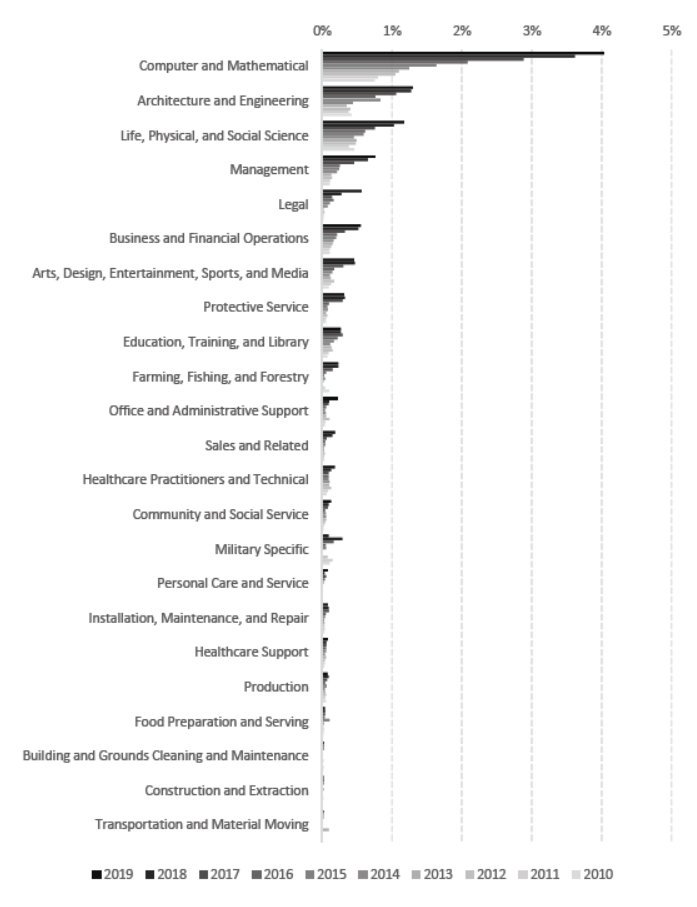How to get URL link on X (Twitter) App

 2/ DGS's main claim is that they separate variation in the MHHI delta into two parts:
2/ DGS's main claim is that they separate variation in the MHHI delta into two parts:
 2/ The main contribution of the paper is methodological. We introduce a new (and arguably better) way to do oligopoly models in general equilibrium.
2/ The main contribution of the paper is methodological. We introduce a new (and arguably better) way to do oligopoly models in general equilibrium.

https://twitter.com/MargRev/status/1218629141940953088@tylercowen @kevinrinz 2/ Second, one has to be careful when comparing the trend in local geographic market HHIs between 1976 and 2015. The geographic market definition most likely changed a lot over such a long period, in the direction of narrower geographic markets, because travel speeds are slower.
https://twitter.com/Noahpinion/status/12157257323509800962/ The paper does something super simple: adds a median voter model to the Heckscher-Ohlin trade model. The insights he obtains from this are amazing.

 @Burning_Glass @mireiagine @SampsaSamila @Bledi_Taska Demand for AI skills has been growing fast in the last few years, especially in IT, Engineering, and Science occupations. But interestingly also in Management occupations. And we find that the AI wage premium is the highest for management.
@Burning_Glass @mireiagine @SampsaSamila @Bledi_Taska Demand for AI skills has been growing fast in the last few years, especially in IT, Engineering, and Science occupations. But interestingly also in Management occupations. And we find that the AI wage premium is the highest for management. 

